Smart Phone Safe Driving Apps
January 14th, 2015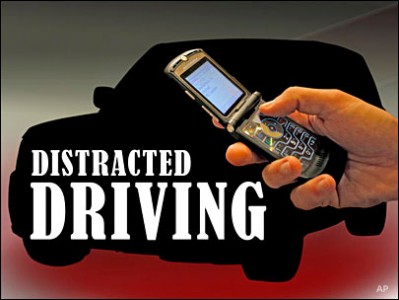 Over the past few years, thanks to technology advancement, Americans have made cell phone or smart phone use part of their daily lives. Many even consider it a necessity to have their phone on them at all times for work or personal purposes. Cell phones are designed to provide us with the convenience of communication while on the go, and now smart phone owners have access not only to communicate via telephone but they can also access text messaging, emails, music, games, social media, and so much more. Cell phones were created to make life easier and more efficient, but when used irresponsibly, they can have disastrous consequences.
Over the past few years, thanks to technology advancement, Americans have made cell phone or smart phone use part of their daily lives. Many even consider it a necessity to have their phone on them at all times for work or personal purposes. Cell phones are designed to provide us with the convenience of communication while on the go, and now smart phone owners have access not only to communicate via telephone but they can also access text messaging, emails, music, games, social media, and so much more. Cell phones were created to make life easier and more efficient, but when used irresponsibly, they can have disastrous consequences.
With all of this technology available on a small handheld, it is easy to get distracted, especially if you are behind the wheel of a car. Simply answering a text takes away your attention for about five seconds, which is enough time to travel the length of a football field while in a vehicle. Recently there have been many public service announcements, campaigns, and programs developed to help educate the public on the dangers of distracted driving, however many still continue to use their phones while operating a vehicle.
Luckily, developers have found a way to utilize one’s smart phone in a way to which may help distracted drivers focus on the roads. These six smart phone apps are designed to promote safe driving among young drivers, or any driver that wants to help battle the distraction of their phone.
1. TEXTARREST
a. This program will disable texting and emailing on your smart phone. It does so by locking the phone’s screen so no text messages or emails can be sent or read while driving (which is sensed by the app when the car is traveling faster than 5 mph.)
2. Safe Driver
a. This program will monitor the location and driving practices of young drivers and can alert parents or a third party via text or email when the driver is exceeding a specific speed and will show where infractions occurred.
3. ZoomSafer
a. This program limits access to email, texting, browsing, and calling when the driver is on the road. It will only allow calls to come through from a specified contact list using an online account for parents or third parties.
4. Drivesafe.ly Pro
a. This program will read the text and emails aloud and the driver can respond without having to touch a button.
5. Key2SafeDriving
a. This program will restrict phone use when the car is running and send automated replies to incoming texts. It also gives parents an alert if the driver tries to bypass the device.
6. Steer Clear Mobile
a. This program teaches drivers proper driving procedures as well as logs drive time, mileage, and road conditions. Young drivers that use this may also be eligible for State Farm Insurance discounts.
However, if you or someone you know does get charged with a crime or traffic violation as a result of distracted driving then call Collins Law Firm for a free consultation at 910-793-9000.
By Rachel Reynolds, Paralegal

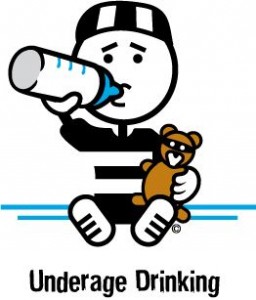 A new policy in the Fifth Prosecutorial District that affects youths charged with underage drinking has gone into effect as of late November of 2014. This new policy will reshape the requirements for those who enter into a deferred prosecution agreement for an underage drinking charge. The goal of this new program is to help young offenders by teaching them the risks and consequences of underage alcohol consumption as well as avoiding a permanent mark on their criminal record. This program will only be offered to first time offenders that have not previously been convicted of any drug or alcohol crimes.
A new policy in the Fifth Prosecutorial District that affects youths charged with underage drinking has gone into effect as of late November of 2014. This new policy will reshape the requirements for those who enter into a deferred prosecution agreement for an underage drinking charge. The goal of this new program is to help young offenders by teaching them the risks and consequences of underage alcohol consumption as well as avoiding a permanent mark on their criminal record. This program will only be offered to first time offenders that have not previously been convicted of any drug or alcohol crimes.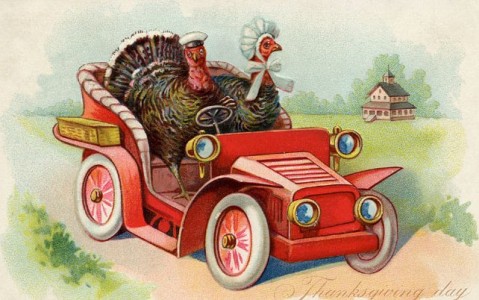 With an improved economy and gas prices at a five year low, we will experience an increase in Thanksgiving travel this year. AAA Carolinas expects the increase to be of more than 4 percent compared to Thanksgiving of 2013.
With an improved economy and gas prices at a five year low, we will experience an increase in Thanksgiving travel this year. AAA Carolinas expects the increase to be of more than 4 percent compared to Thanksgiving of 2013.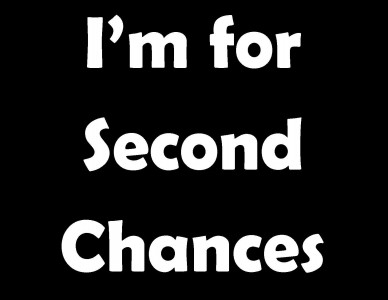 Generally, the fact that one was charged with a crime remains on their record regardless of the disposition of the charge, unless the charge gets expunged. An expungement in North Carolina is the eradication of one’s criminal record by court order. The effects of an expunction or expungement are outlined in N.C.G.S. § 15A-153 and include that upon expunction one may truthfully and without committing perjury or false statement deny or refuse to acknowledge that the criminal incident occurred.
Generally, the fact that one was charged with a crime remains on their record regardless of the disposition of the charge, unless the charge gets expunged. An expungement in North Carolina is the eradication of one’s criminal record by court order. The effects of an expunction or expungement are outlined in N.C.G.S. § 15A-153 and include that upon expunction one may truthfully and without committing perjury or false statement deny or refuse to acknowledge that the criminal incident occurred.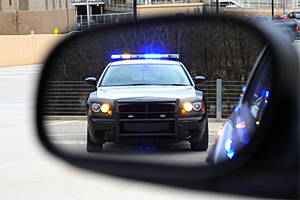 A traffic ticket can cause a lot of headache. It starts with embarrassment when the blue lights come up in your rear view mirror and when you have to sit on the side of the road while the officer investigates and issues your ticket and it continues far beyond. If you receive a traffic ticket, you should consult with an attorney on how to best handle your ticket.
A traffic ticket can cause a lot of headache. It starts with embarrassment when the blue lights come up in your rear view mirror and when you have to sit on the side of the road while the officer investigates and issues your ticket and it continues far beyond. If you receive a traffic ticket, you should consult with an attorney on how to best handle your ticket. “USA, USA, USA” can be chanted now that the United States has advanced onto the Knockout Round in the World Cup 2014, being held in Brazil. Even though this is a positive advancement for the United States, it did not come easily after losing to Germany 1-0 on Thursday, June 26th, 2014. It was thanks to Portugal defeating Ghana 2-1 that allowed the United States to hold on to their second place standing. This in itself is a great accomplishment for the United States, as they were ranked 14th in the World by the Fédération Internationale de Football Association (FIFA) when they entered the World Cup, and we were also placed in the “Group of Death”, facing very difficult teams including Ghana, Portugal, and Germany.
“USA, USA, USA” can be chanted now that the United States has advanced onto the Knockout Round in the World Cup 2014, being held in Brazil. Even though this is a positive advancement for the United States, it did not come easily after losing to Germany 1-0 on Thursday, June 26th, 2014. It was thanks to Portugal defeating Ghana 2-1 that allowed the United States to hold on to their second place standing. This in itself is a great accomplishment for the United States, as they were ranked 14th in the World by the Fédération Internationale de Football Association (FIFA) when they entered the World Cup, and we were also placed in the “Group of Death”, facing very difficult teams including Ghana, Portugal, and Germany.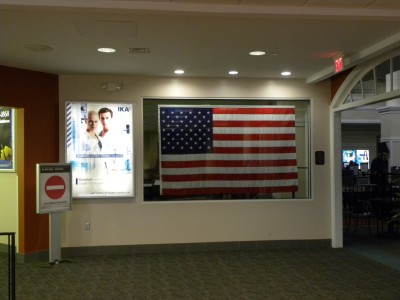
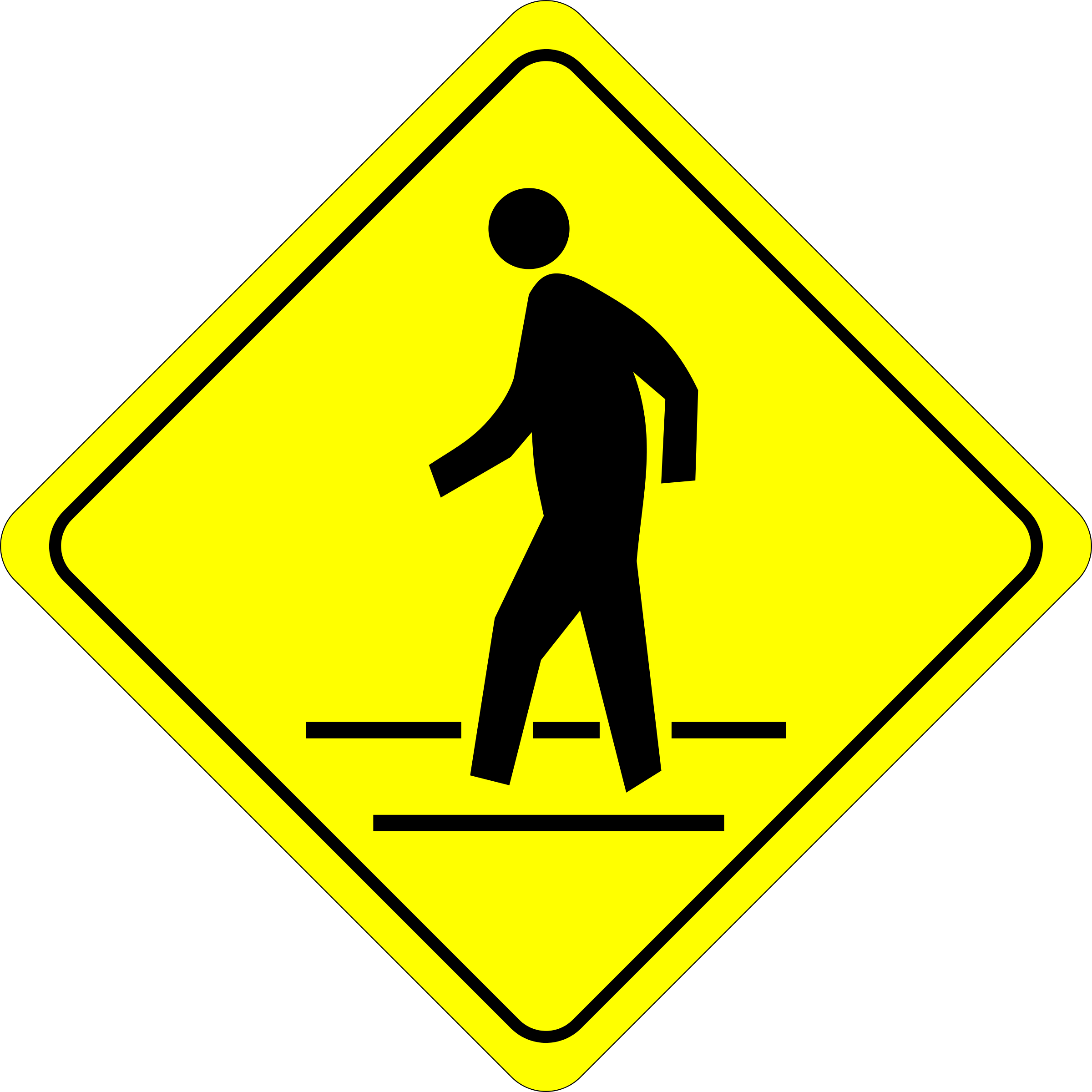 While preferences vary when it comes to transportation, everyone is a pedestrian at some time, and most know to keep their distance from moving traffic. Unfortunately, according to data released by the National Highway Traffic Safety Administration, about 69,000 pedestrians got hurt and 4,432 were killed in traffic crashes in the United States in 2011. This means that on average every two hours a pedestrian was killed and about every eight minutes, a pedestrian got hurt in traffic in 2011.
While preferences vary when it comes to transportation, everyone is a pedestrian at some time, and most know to keep their distance from moving traffic. Unfortunately, according to data released by the National Highway Traffic Safety Administration, about 69,000 pedestrians got hurt and 4,432 were killed in traffic crashes in the United States in 2011. This means that on average every two hours a pedestrian was killed and about every eight minutes, a pedestrian got hurt in traffic in 2011.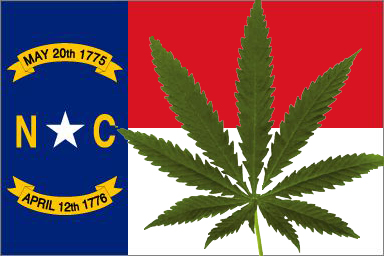 The U.S. prison population is six to ten times as high as in most Western European nations and many say that this is because of the Unites States War on Drugs. More than 749,000 people were arrested in the United States for marijuana-related offenses alone in the year 2012.
The U.S. prison population is six to ten times as high as in most Western European nations and many say that this is because of the Unites States War on Drugs. More than 749,000 people were arrested in the United States for marijuana-related offenses alone in the year 2012.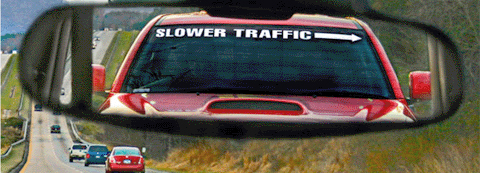 Driving slowly in the left hand lane is not just a pet peeve, but causes a hazard by negatively impacting the flow of traffic.
Driving slowly in the left hand lane is not just a pet peeve, but causes a hazard by negatively impacting the flow of traffic.